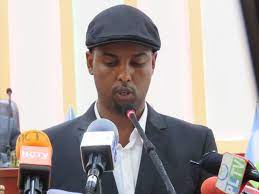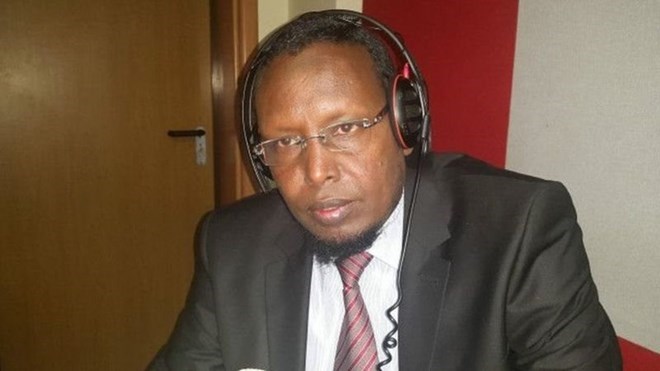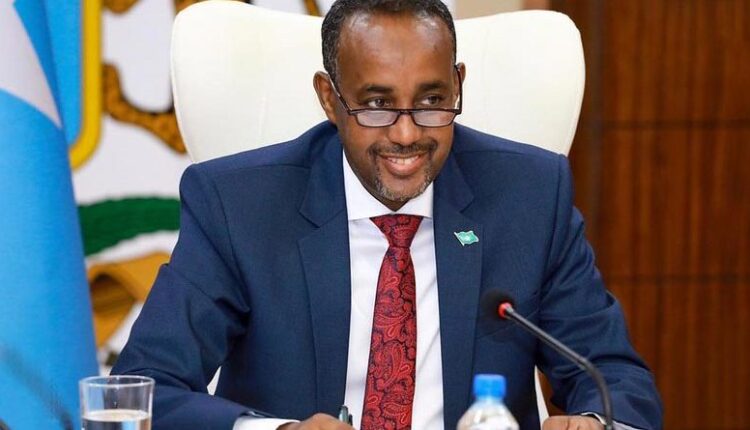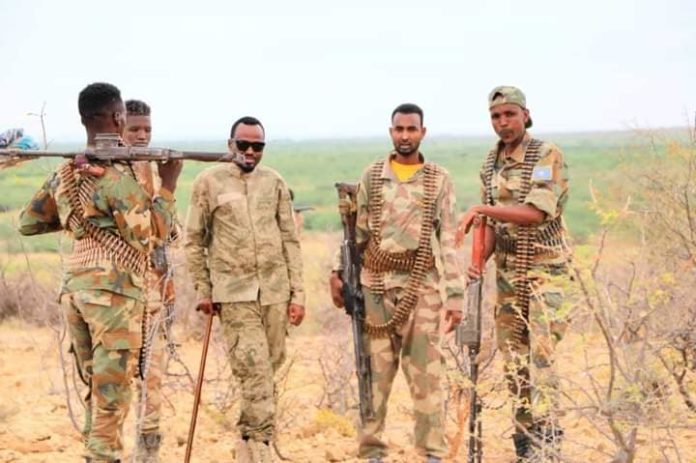UNICEF: Children suffer most from climate crises, not of their making
GENEVA — UNICEF warns millions of children caught in climate-induced disasters are at risk of starvation, disease, exploitation, and death.
A UNICEF analysis released Tuesday finds 27.7 million children in 27 countries have been affected by flooding so far this year. Among them, Chad, the Gambia, and northeast Bangladesh have recorded the worst floods in a generation. The agency reports Pakistan’s record-breaking floods have killed nearly 1,700 people, 615 of them children.
UNICEF’s global communication and advocacy director, Paloma Escudero, says she saw for herself the enormity of the disaster during a visit to Pakistan last week. She says the needs are vast, adding 10 million girls and boys need immediate lifesaving support.
“The floods have contaminated drinking water, which is spawning deadly water-borne diseases such as acute watery diarrhea, which compounds already acute malnutrition,” Escudero said. “Estimates suggest close to 1.6 million children in flood areas could be suffering from severe acute malnutrition.”
She notes stagnant water is a perfect breeding ground for mosquitoes, increasing the risk of malaria and dengue. She warns many vulnerable children and young people will die in the days and weeks to come without urgent action.
Escudero spoke on a video link from Sharm el-Sheikh, site of COP27, the climate change conference. She says scientists have found the recent floods in Pakistan have been made worse by climate change. While children are the least responsible for creating this problem, she says they are suffering the most.
“In Africa, just like in Pakistan, children are paying the price for a climate disaster not of their making. From the extreme drought and risk of famine in Somalia to the erratic rains across the Sahel, UNICEF is being challenged to respond at an unprecedented scale to emergencies that have all the markings of climate-induced disasters,” Escudero said.
UNICEF reports children account for almost half of the more than 20 million people facing famine in drought-stricken Djibouti, Ethiopia, Kenya, and Somalia.
Nearly 40 youth climate activists from around the world are in Sharm el-Sheikh. They are working with UNICEF to sensitize delegates to the severe impact of the climate crisis on the world’s poorest, most vulnerable children.
Escudero notes it is not up to young people to keep raising the alarm. What is needed, she says, is for people with power to start acting.



















